- الرئيسية
- UHC calculator home
- Human Rights Standards on Comprehensive Abortion Care
- Results and Case studies
Assessment 04
Human Rights Standards on Comprehensive Abortion Care
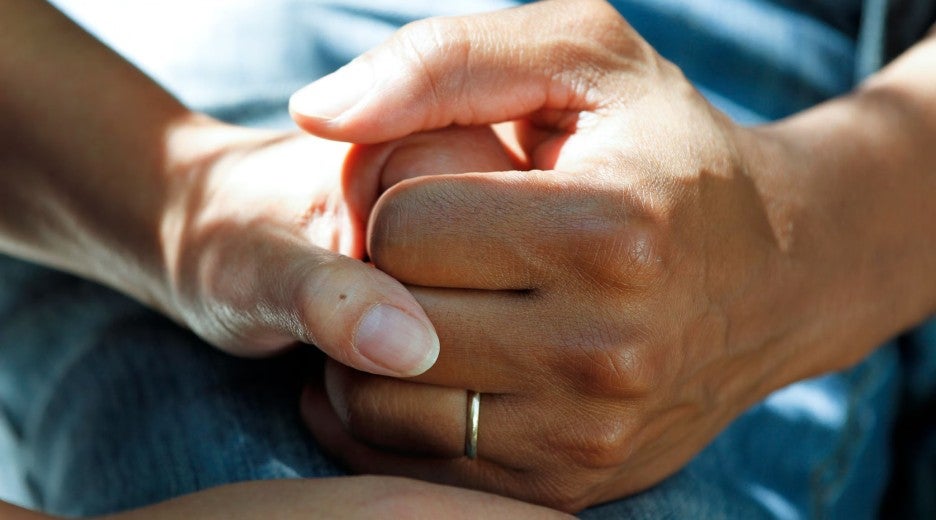
Excellent progress
Your SRHR programming and policies have strong foundations and commendable practices. Continue to monitor and refine for sustained success!
Good progress
Your SRHR programming and policies are on the right track! Keep building on these positive elements, and address noted areas for further improvement.
Partial progress
Your SRHR programming and policies show potential. Focus on strengthening the weaker areas you’ve identified to enhance overall effectiveness.
Needs improvement
Your SRHR programming and policies need attention. Implement the recommended changes to address gaps and strengthen impact.
Needs significant improvement
Your SRHR programming and policies have critical weaknesses. Prioritize the recommended strategies for a substantial overhaul that will improve effectiveness.
اتخاذ إجراء
Want a higher score? Unlock insights to get tips for implementation and resources to help improve your programming and policies.
Case studies
Need ideas for your programming? Explore successful implementation examples.
NepalDismantling Barriers to Comprehensive Abortion Care.

Nepal’s 2002 abortion law permits abortion on most grounds, while its Interim 2007 Constitution enshrines reproductive health as a fundamental right. Still, as of the early 2000s, widespread barriers to abortion hindered access for many women. These included prohibitive costs, with an abortion in a public health facility costing more than the average monthly salary, and a lack of available information, with 80% of rural women unaware that abortion was legal.
Lakshmi Dhikta was forced to continue an unintended pregnancy, because she could not afford a legal abortion in a public hospital. In 2007, together with local activists, she filed a lawsuit citing the government’s failure to implement the country’s abortion law, which resulted in the obstacles she faced.
In its ruling, handed down in 2009, the Supreme Court of Nepal required the government to create a comprehensive abortion law enabling all women and girls unhindered access to safe and affordable abortion services. It noted that such a law should:
- create a national fund to cover abortion expenses for poor and rural women
- enhance the protection of women’s privacy rights
- disseminate information on the comprehensive abortion law to inform the public at large
- facilitate access to abortion services for all, and
- allocate affordable and good-quality resources to meet the demand for abortion services.
The Court found that the unavailability of abortion violated the rights to life, health, equality, living with dignity and freedom, personal liberty, privacy, and self-determination. It asserted that “the right to reproductive health is considered as an integral part of woman’s human rights, and the right to abortion holds an important place in that.
In response, the Nepalese government took a number of steps. In 2016, it implemented free abortion services in all public health facilities, while expanding safe medical abortion services and training health providers in community-level health facilities. In 2018, the Safe Motherhood and Reproductive Health Rights Act recognized women’s right to abortion as a reproductive right, and the Safe Motherhood and Reproductive Health Rights Regulation was adopted in 2020. The Act addresses safe motherhood, family planning, reproductive health-related morbidity, and safe abortion. It prohibits discrimination in the provision of reproductive health care services and requires services to be adolescent- and disability-friendly. It also makes all reproductive services free at public health facilities and requires all levels of government—federal, provincial, and local—to allocate a specific budget for reproductive services.
IrelandRepealing the Ban on Abortion.
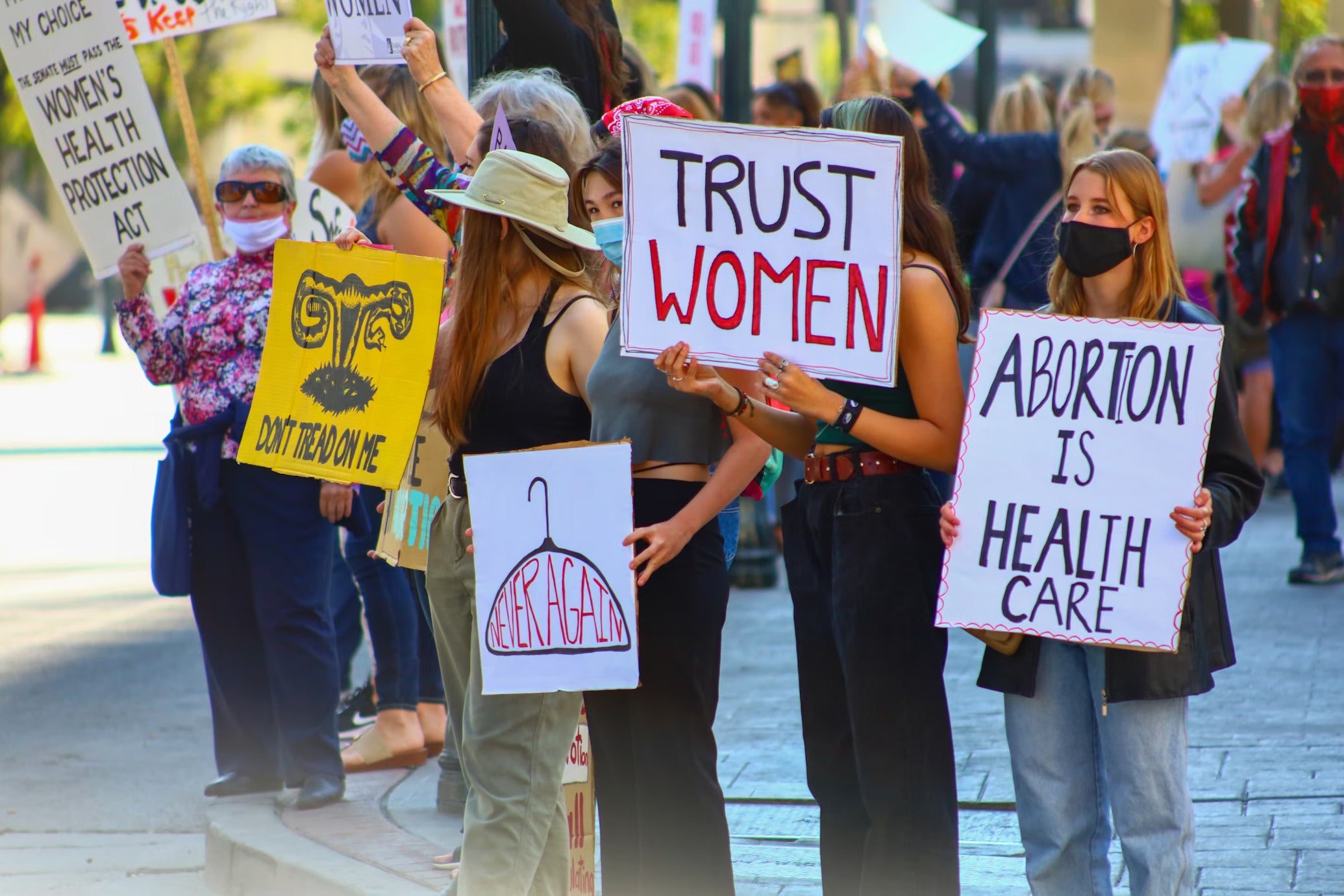
Until 2018, Ireland had one of the world’s most restrictive abortion laws. In the 19th century, abortion was fully criminalized and subject to severe criminal penalties. The legislative ban was strengthened in 1983, when a new constitutional provision – the 8th amendment, instituted through a public referendum – enshrined a prenatal right to life and equated the “right to life of the unborn” with the right to life of a pregnant woman. As the Irish constitution can only be changed through public referenda, this provision prevented the future reform of Irish law on abortion through ordinary legislative means. Changing the law would require another vote of the electorate.
The impact of Ireland’s abortion ban had untold consequences on the lives, health and well-being of generations of women and girls in Ireland. Every year, thousands travelled out of Ireland to obtain abortion care in neighboring countries. Yet for decades following the 8th amendment’s adoption, the Irish social and political landscape was dominated by extreme social stigma surrounding abortion. In this hostile environment, the prospect of legal reform to loosen the ban was inconceivable.
Beginning in 2010, a series of external events, tragic occurrences and individual cases began to mobilize a new generation of activists and generate new recognition of the need for change. Intensive grassroots mobilization, civil society organizing and political engagement in support of fundamental legal change mobilization intensified rapidly, while a number of women who had been denied access to abortion care in Ireland filed individual complaints with regional and international human rights mechanisms, contributing to reform efforts.
In 2016 and 2017, the United Nations Human Rights Committee issued ground-breaking rulings against Ireland in the cases of Mellet v. Ireland and Whelan v. Ireland, confirming that Ireland’s obligations under international treaties required the removal of the ban on abortion. These cases concerned women who had travelled out of Ireland to obtain abortion care following diagnoses of fatal fetal impairment. The Committee held that both women had been subject to cruel, inhumane and degrading treatment as a result of Ireland’s legal ban on abortion, and it instructed the state to reform its laws on abortion, including its constitution, in order to legalize access.
The decisions drew lasting public attention and galvanized political will in favor of reform. In addition to issuing apologies to both women, in 2016 and 2017, respectively, Ireland implemented a series of remedial steps to provide reparations.
In 2018, as a result of decades of efforts and a series of highly strategic interventions by many stakeholders, and following an intensive three-month public referendum campaign led by the civil society coalition, ‘Together for Yes’, transformative legal change occurred when two-thirds of the Irish electorate voted to repeal the 8th Amendment on 25 May 2018. Later that year, the Irish parliament enacted new legislation legalizing abortion on request in early pregnancy, and thereafter in cases of risk to the life or health of the pregnant woman, or of fatal fetal impairment.
Now, for the first time, abortion care is available and accessible for many women and girls in Ireland, and is provided free of charge in primary care settings, sexual and reproductive health clinics and hospitals. Still, some challenges remain in implementation, and stakeholders are advocating for the removal of all remaining legal and policy barriers and for the full decriminalization of abortion in Ireland.

Dismantling Barriers to Comprehensive Abortion Care.

Repealing the Ban on Abortion.
Complete your SRHR Quiz
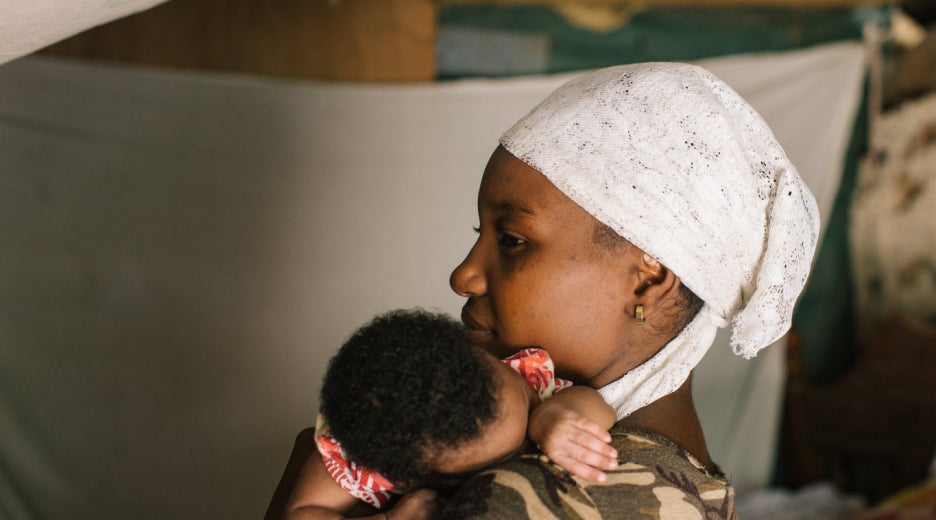
01. Human Rights Standards on Maternal Health
Ensuring health, well-being and dignity during pregnancy and childbirth.
Start assessment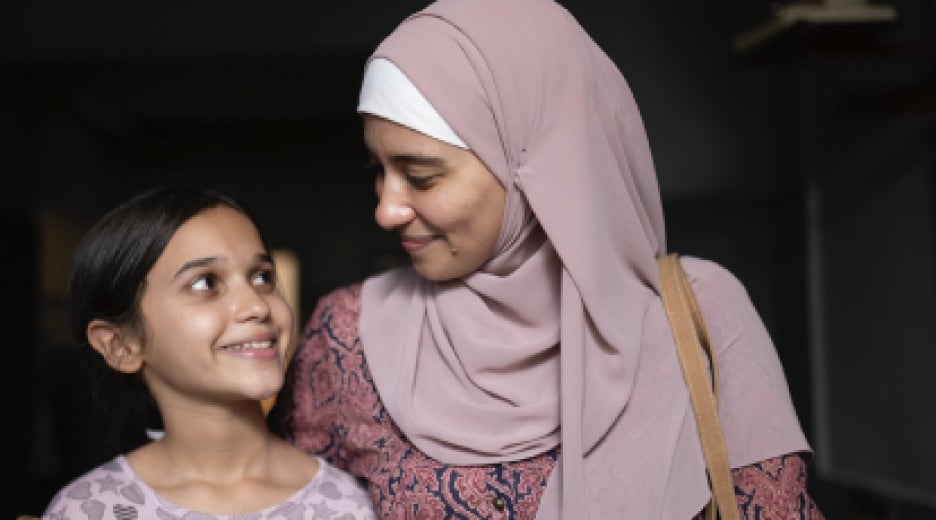
02. Human Rights Standards on Contraceptive Information and Services
Ensuring access to safe, voluntary family planning.
Start assessment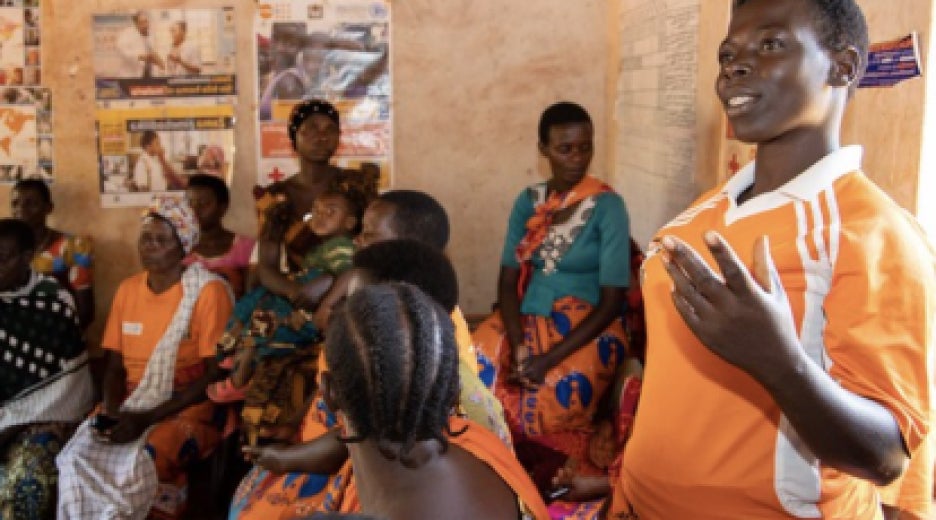
03. Human Rights Standards on Comprehensive Sexuality Education
Enabling young people to protect and advocate for their health, well-being and dignity.
Start assessment
04. Human Rights Standards on Comprehensive Abortion Care
Ensuring access to legal, safe, confidential and respectful abortion services.
Start assessment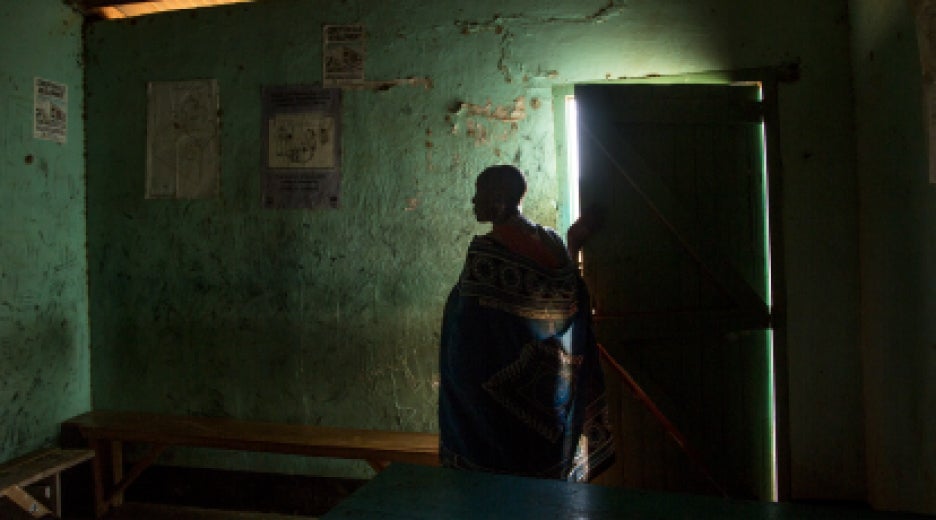
05. Human Rights Standards on HIV and Other Sexually Transmitted Infections
Preventing transmission and promoting the health and rights of people living with HIV and other STIs.
Start assessment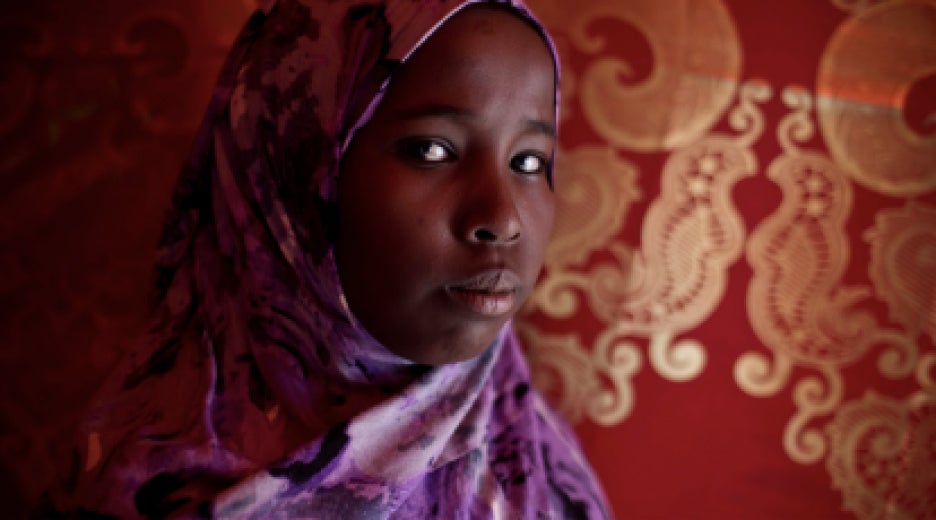
06. Human Rights Standards on Gender-Based Violence
Protecting the health, dignity, security and autonomy of women, girls and other vulnerable populations.
Start assessment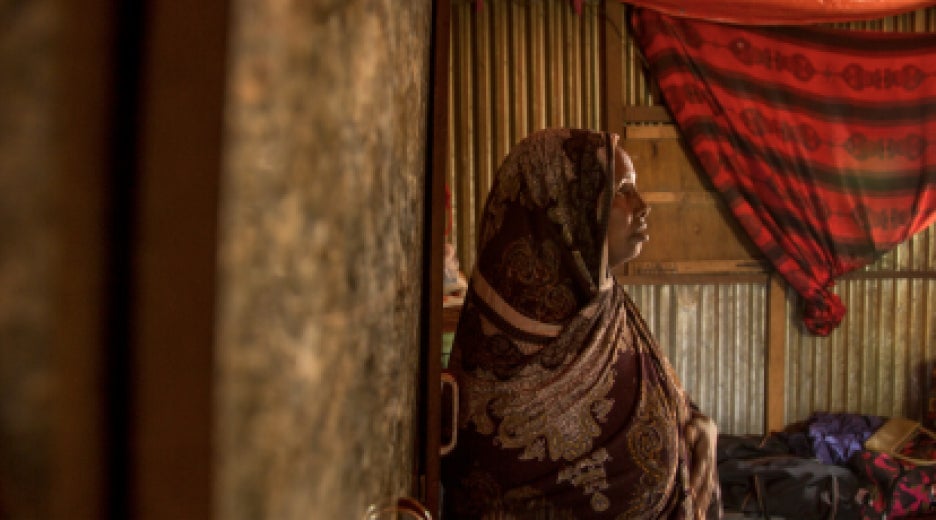
07. Human Rights Standards on Harmful Practices
Working to end harmful practices rooted in gender discrimination.
Start assessmentSelect languages to download
- إنجليزية
- أسبانية
- فرنسية